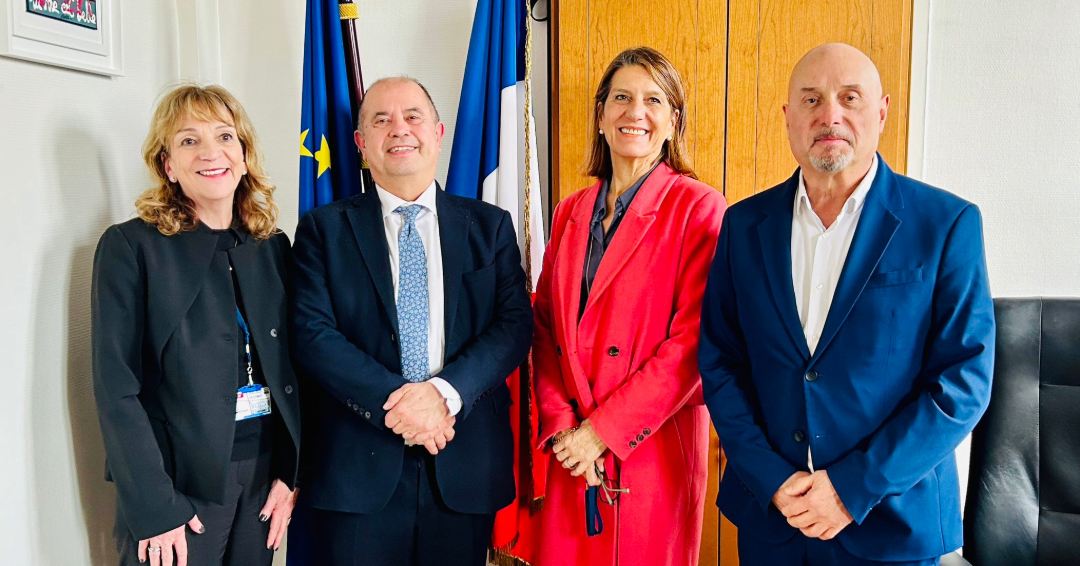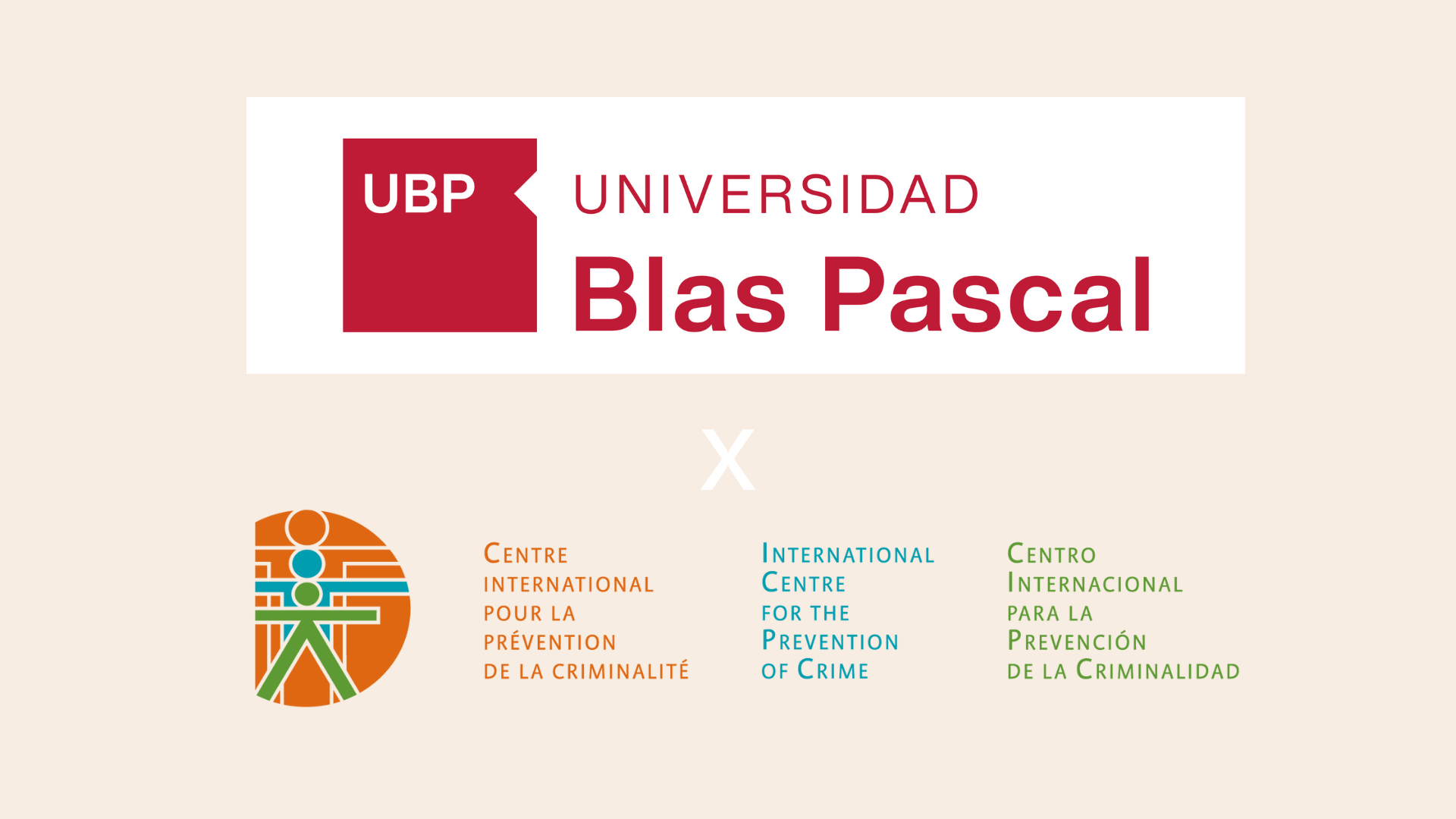As part of a mission to France and Belgium in March 2024, the ICPC had the pleasure of taking part, from March 20 to 22, in the eighth edition of the “Security, Democracy & Cities” conference organized by our partners, the European Forum for Urban Security and Safe.brussels, which was held in Brussels, Belgium. The event brought together 700 participants from 26 countries, including 135 locals from the Paris-Brussels region, to discuss the major issues of safety in European cities.
Inaugurated by the Minister-President of Brussels, Rudi Vervoort, the conference addressed critical challenges such as territorial warfare, drugs, and insecurity, exacerbated by misinformation, the far-right, and terrorism, underlining the need for crisis management and inter-regional collaboration. With the participation of regional and Catalan key stakeholders, the conferences focused on drug trafficking, security by design in public spaces, and the essential role of citizen mobilization against drug-related violence.
The meeting between Ann Champoux, Director General of the ICPC, and international partners such as Dina Husseini, Head of Section in the Division for the Reduction of Inequalities and Inclusive Living Environments at the City of Montreal, and Jumma Assiago, Coordinator of the Safer Cities Programme for UN-Habitat, led to explore future collaboration on the integration of inclusive and community-based strategies in crime prevention in major cities.
 Dina Husseini (City of Montréal), Jumma Assiago (ONU-Habitat) and Ann Champoux (ICPC)
Dina Husseini (City of Montréal), Jumma Assiago (ONU-Habitat) and Ann Champoux (ICPC)
Ms Champoux was also delighted to meet Anna Rau, Executive Director of the German Forum for Urban Safety (DEFUS), who has recently joined the ICPC board. Exchanges between Elizabeth Johnson, Executive Director, and Yves Van De Vloet, Associate Expert, both from EFUS, also provided an opportunity to discuss the various perspectives on the day-to-day challenges of urban safety.
 Anna Rau (DEFUS), Ann Champoux (ICPC), Yves Van De Vloet and Elizabeth Johnson (EFUS)
Anna Rau (DEFUS), Ann Champoux (ICPC), Yves Van De Vloet and Elizabeth Johnson (EFUS)
In addition, the exchanges with important figures such as Jean Spinette, Mayor of the municipality of Saint-Gilles in Belgium, and Sophie Lavaux, Executive Director of Safe.brussels, were particularly enlightening, marking a mutual recognition of the crucial importance of urban safety for democracy and social well-being.
 Jean Spinette (municipality of Saint-Gilles), Sophie Lavaux (Safe Brussels) and Ann Champoux (ICPC)
Jean Spinette (municipality of Saint-Gilles), Sophie Lavaux (Safe Brussels) and Ann Champoux (ICPC)
In conjunction with the conference, the ICPC held its 26th annual general meeting of members on March 20, both online and in person in Brussels, in which two members were welcomed for a new term on the ICPC board: Anna Rau, Executive Director of the German Forum on Urban Security, and Barbara Holtmann, Director of Fixed Africa. This was an opportunity for our Director General to present some of the highlights of the past year, newly published reports, news from our network, and participation in/organization of international events.
Also, during this mission, the Director General of the ICPC and two members of the Board of Directors, Frédérique Porterie, President of the Board and Public Prosecutor of Bordeaux, as well as Jean-Luc Besson, Vice-President of the Board and Expert in statistical dissemination and territorial analysis at the Ministry of the Interior, met with Étienne Apaire, Secretary General of the Interministerial Committee for the Prevention of Delinquency and Radicalisation. The meeting was held in Paris, France, to continue discussions on possible opportunities for collaboration with France.
 Ann Champoux (ICPC), Étienne Apaire (SG –CIPDR), Frédérique Porterie and Jean-Luc Besson (ICPC)
Ann Champoux (ICPC), Étienne Apaire (SG –CIPDR), Frédérique Porterie and Jean-Luc Besson (ICPC)



 Dina Husseini (City of Montréal), Jumma Assiago (ONU-Habitat) and Ann Champoux (ICPC)
Dina Husseini (City of Montréal), Jumma Assiago (ONU-Habitat) and Ann Champoux (ICPC) Anna Rau (DEFUS), Ann Champoux (ICPC), Yves Van De Vloet and Elizabeth Johnson (EFUS)
Anna Rau (DEFUS), Ann Champoux (ICPC), Yves Van De Vloet and Elizabeth Johnson (EFUS)











